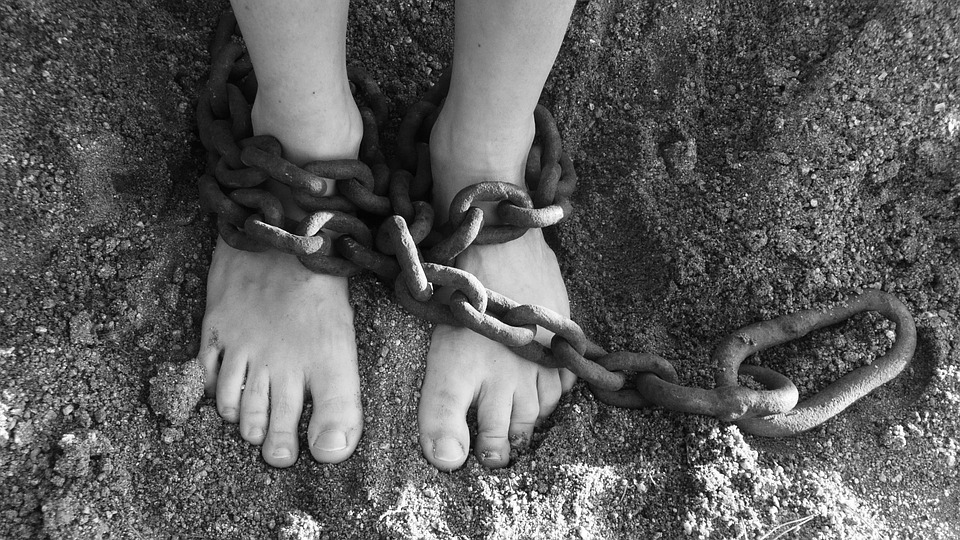
Criminal justice reform has become a hot-button issue in North Carolina in recent years as the state grapples with rising crime rates and overcrowded prisons. There has been a growing recognition that the current system is in need of reform to address underlying issues and ensure fairness and equity for all citizens.
One of the biggest challenges facing North Carolina’s criminal justice system is the issue of over-incarceration. The state has one of the highest incarceration rates in the country, with more than 39,000 people currently serving time in state prisons. Many of these individuals are non-violent offenders who could be better served by alternative forms of punishment, such as rehabilitation programs or community service.
Another challenge is the racial disparities that exist within the criminal justice system. African Americans make up a disproportionately high percentage of the state’s prison population, highlighting the need for reform to address systemic biases and ensure that all citizens are treated fairly and equally under the law.
In recent years, there has been some progress in addressing these challenges. North Carolina has implemented a number of reforms aimed at reducing incarceration rates and promoting alternative forms of punishment for non-violent offenders. For example, the state has expanded its use of diversion programs, which provide individuals with the opportunity to address underlying issues, such as substance abuse or mental health issues, rather than serving time in prison.
Additionally, there has been a push to address racial disparities within the criminal justice system. The state has implemented new policies aimed at eliminating biases in policing and sentencing, as well as promoting diversity within the legal system.
Despite these efforts, there is still much work to be done in order to achieve meaningful criminal justice reform in North Carolina. The state continues to face significant challenges, including issues such as the high cost of incarceration, the need for continued reform of sentencing policies, and the need to address the underlying social and economic factors that contribute to crime.
Moving forward, it is essential that policymakers and community leaders continue to work together to address these challenges and implement meaningful reform. This will require a multi-faceted approach that includes changes to sentencing policies, increased investment in rehabilitation and reentry programs, and a continued focus on addressing racial disparities within the criminal justice system.
Overall, criminal justice reform in North Carolina is a complex and ongoing process. While there has been some progress in recent years, there is still much work to be done to address the underlying issues and ensure fairness and equity for all citizens. With continued dedication and collaboration, it is possible to achieve meaningful reform that will benefit both the individuals within the system and the broader community as a whole.







